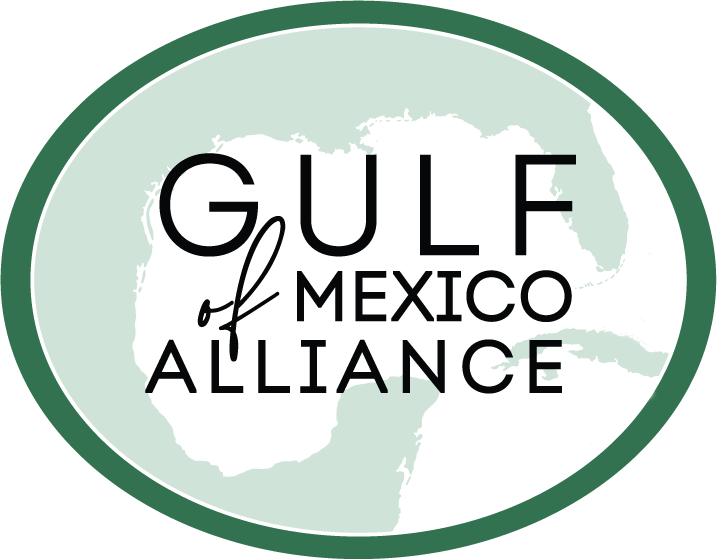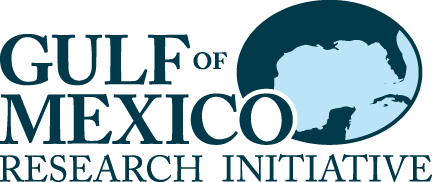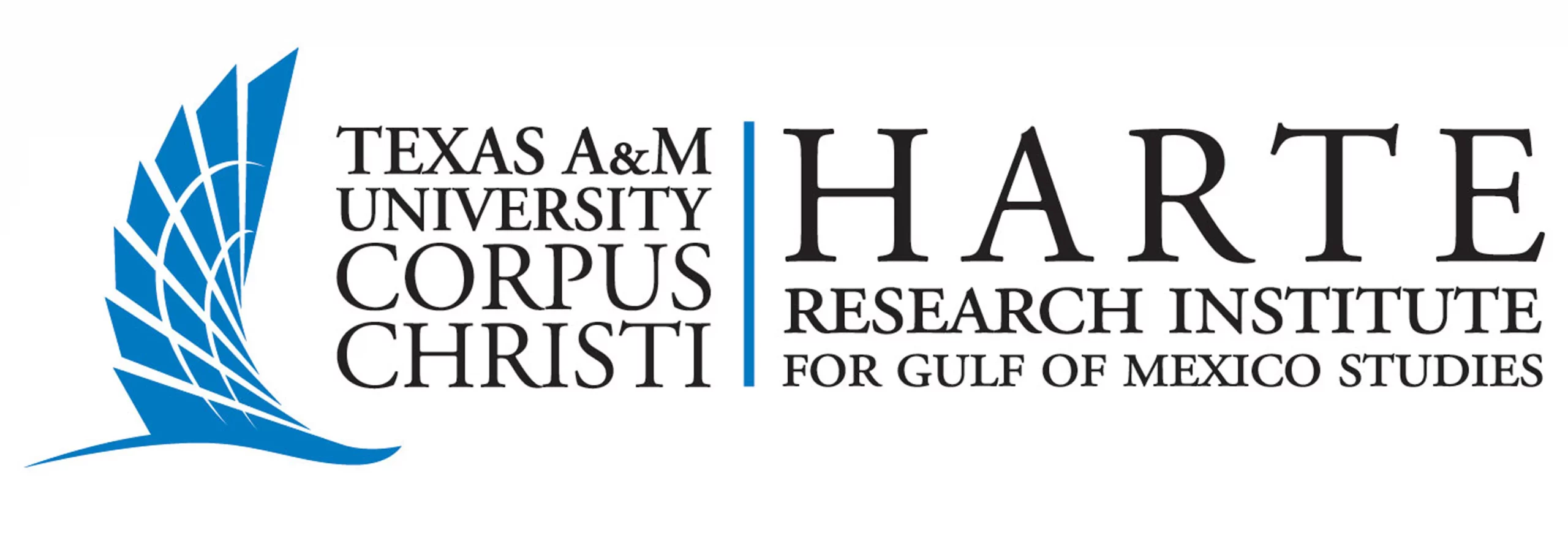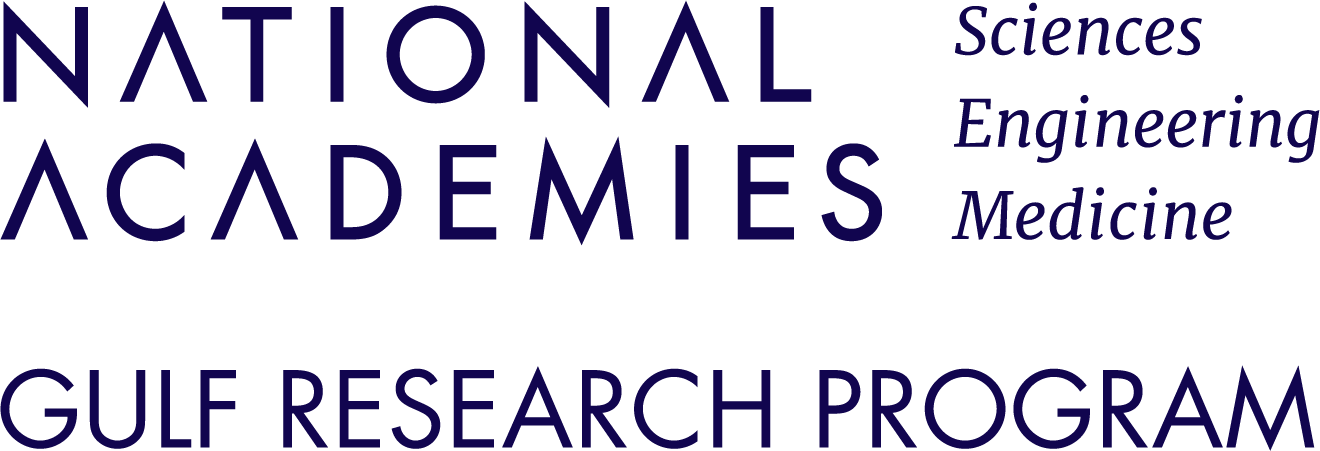Join us February 19-22, 2024, in Tampa, Florida, for the next Gulf of Mexico Conference (#GOMCON).
Held at the Tampa Convention Center, this event will bring together coastal scientists and stakeholders in state and federal government, academia, non-profit, and private sectors to discuss current Gulf research and collaborate on new opportunities. Emphasizing the intersection of science, policy, and management, GOMCON will include sessions on themes that are important to ecosystem and community resilience as well as restoration and natural resource management.
The call for sessions is listed below. The deadline to submit is July, 28, 2023.
Details on the schedule, registration, and hotels will be available on August 1, 2023.
The call for abstracts will open on September 1, 2023.
call for sessions
The GOMCON Program Committee invites proposals for scientific sessions for the upcoming 2024 conference. Sessions should establish dialog, facilitate collaboration, and/or identify needs and gaps around the proposed area of interest. Session proposals that promote the integration of science and management into decision-making are encouraged. Click on the conference topics below to read a full description.
The deadline to submit a session is July 28, 2023.
Resilience is the capacity of a person, community, or natural system to withstand and effectively recover from acute shocks and chronic stressors. Resilience also includes the ability to respond and adapt when faced with adversity or threats. Session proposals for this topic should focus on the ways interconnected human and natural systems affect resilience.
Example session proposals:
- Green infrastructure
- Community resilience planning, infrastructure, and response
- Science and management of low frequency, high risk events (e.g. hurricanes, oil spills)
- Investment in coastal communities and ecosystems
- Integrated natural and built community resilience
- Individual resilience (health and wellbeing)
- Environmental and human health
- Human dimensions of fisheries and other natural resource-dependent industries
Numerous applications and data portals catalog Gulf monitoring and restoration data. These existing analyses and tools are effective, but synthesized and easily accessible data are also needed to support decision-making and foster trans-disciplinary research. This topic will focus on lessons learned from existing efforts, data management challenges, and opportunities to develop a more efficient data management framework.
Example session proposals:
- Data synthesis, data integration, and data display efforts
- Difficulties in compiling data and publishing synthesis concepts
The ever-evolving science communication, education, and extension landscape lets us reimagine effective methods of collaboration and outreach. This topic will focus on innovative methods and best practices that reinforce engagement with target audiences, particularly those who are underrepresented in science and decision-making.
Example session proposals:
- Innovative technologies
- Citizen science research
- Building trust
- Education opportunities that serve the whole community
- Virtual learning
- Innovative engagement (e.g. social media, art)
Water quality patterns and trends in the Gulf are highly variable in space and time. Human activities and natural disturbances affect water resources and change physical, chemical, and biological conditions. Session proposals should highlight science, monitoring, data management, or related resource management challenges associated with water quality or quantity.
Example session proposals:
- Freshwater flow
- Coastal inundation and flooding
- Sediment and nutrient loads
- Harmful algal blooms
- Hypoxic events
- Impacts to living resources
Effective habitat management and restoration are critical to sustaining the Gulf’s resources. Critical habitat-related needs include: addressing threats, developing indicators of restoration and management success, and understanding the history and future of restoration in the Gulf. Session proposals can focus on habitats and ecosystems from coastal zone uplands to the deep benthic.
Example session proposals:
- Habitat and ecosystem restoration
- Indicators of restoration success
- Ecological thresholds and targets
- Restoration in a changing climate
- Living shorelines
- Monitoring, mapping, and modeling
- Oil spill impacts on habitat
- Integrated Ecosystem Assessments
- Marine Protected Areas
Management of living resources is complicated by insufficient data on biology, ecology, and poorly-understood vulnerability to threats and stressors. Session proposals should provide information on species or their responses to stressors that are needed to correctly guide management and policy decisions.
Example session proposals:
- Wildlife and fisheries research
- Wildlife and fisheries management
- Population trends, life history, and other processes
- Impacts and management of natural and man-made stressors
Sound science is needed to develop integrated strategies that support regional planning, adaptive management, and effective decision-making. At the same time, the scientific community must understand the needs of stakeholders and how science informs decisions and practices. Session proposals should highlight the nexus between science, policy, decision-making, and improved management.
Example session proposals:
- Connections between research, monitoring, and adaptive management
- Bridging science to policy-making
- Energy planning
- Co-production of knowledge with stakeholder communities
The Gulf of Mexico is vulnerable to climate impacts that worsen stresses on coastal ecosystems and communities. Session proposals should explore science and research needed to prepare for climate impacts and implement climate adaptation, mitigation, and resilience strategies. Session proposals can focus on a range of climate impacts such as ocean acidification, extreme temperatures, sea level rise, and increased storm frequency/intensity.
Example session proposals:
- Modeling climate scenarios
- Integrating climate models into monitoring and resource management
- Blue carbon
- Climate policy
- Impacts on disproportionally affected communities
Scientists and resource managers must continue to study, understand, and address emerging environmental shifts to ensure effective integrative planning and management. Session proposals should focus on research, management, and response topics not covered in other sessions.
Example session proposals:
- Offshore energy
- Nearshore and open ocean aquaculture
- Challenges associated with artificial reefs
- Marine debris
- Innovative technologies
- Proactive measures
Please contact Becky Ginn at 228-547-4808 or for information on sponsorship opportunities.
stay connected
You can keep up with all things related to GOMCON 2024 by signing up for our newsletter and following the Gulf of Mexico Alliance on social media. Use #GOMCON on your posts about the meeting.
meeting sustainability
The City of Tampa has a U.S. Green Building Council LEED for Cities Gold certification, ensuring a citywide commitment to sustainability and resilience. The Tampa Convention Center is also applying for LEED facility certification.
Sustainability practices at the Tampa Convention Center include:
- recycling and food donation efforts to reduce waste
- energy-saving LED lighting and natural lighting/daylight harvesting
- water bottle refill stations
- recycled and compostable to-go products with straw on request
- eco-friendly soaps and cleaning products
Learn more here: https://www.tampa.gov/tcc/sustainability





